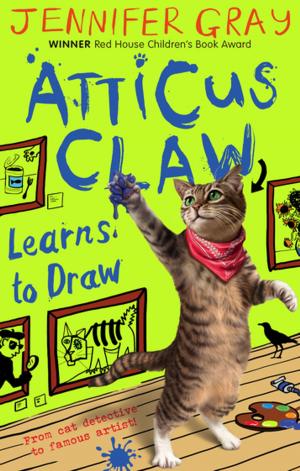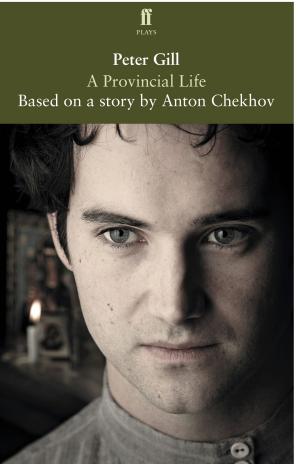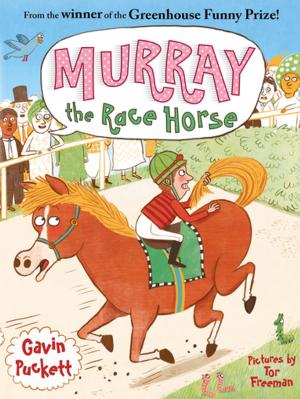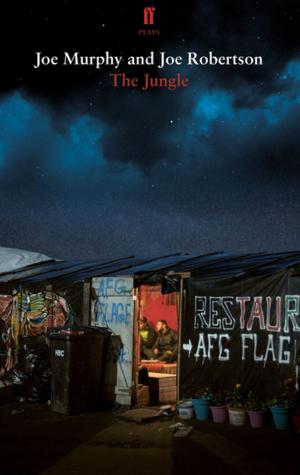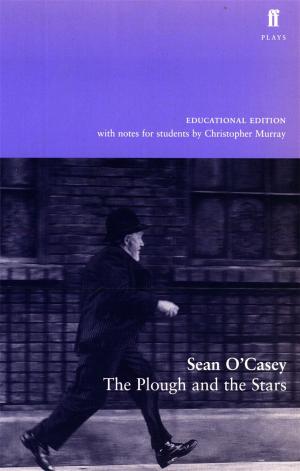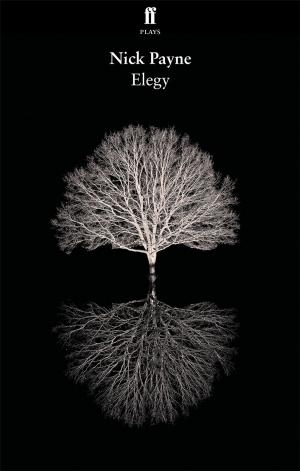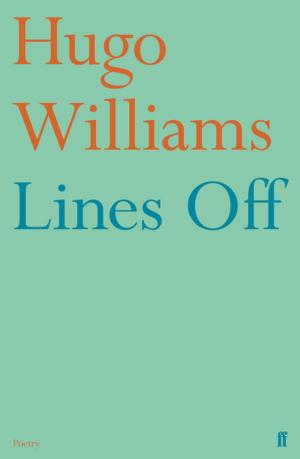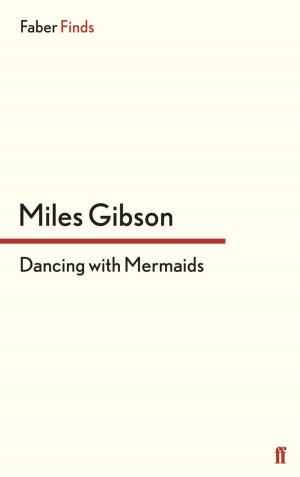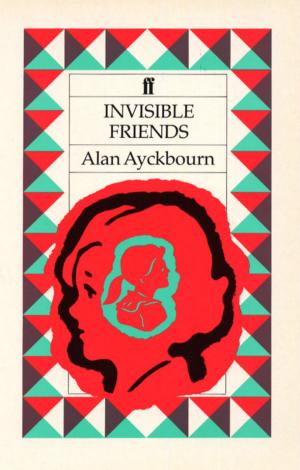| Author: | Joseph Hone | ISBN: | 9780571315499 |
| Publisher: | Faber & Faber | Publication: | June 19, 2014 |
| Imprint: | Faber & Faber | Language: | English |
| Author: | Joseph Hone |
| ISBN: | 9780571315499 |
| Publisher: | Faber & Faber |
| Publication: | June 19, 2014 |
| Imprint: | Faber & Faber |
| Language: | English |
Joseph Hone's The Paris Trap, first published in 1977, saw him step aside from his sequence of 'Peter Marlow' novels to offer a different kind of political thriller.
Jim Hackett and Harry Tyson first met in Paris, in days of hope - Hackett a promising actor, Tyson a budding writer. Twenty years later, their dreams soured, they are reunited in Paris for a substantive project: Hackett, now a movie actor, has been cast in a major film derived from a spy novel authored by Tyson, who now works for British intelligence. But the plot of the film, concerning a Palestinian terrorist cell, is about to be overtaken in the dramatic stakes by real events.
'A fine example of a vastly popular genre - the thinking man's thriller.' Irish Times
'Through a distorting filter of betrayals, private and public, Joseph Hone conducts us to a final scene so dire that Hamlet by comparison leaves the stage tidy.' Guardian
Joseph Hone's The Paris Trap, first published in 1977, saw him step aside from his sequence of 'Peter Marlow' novels to offer a different kind of political thriller.
Jim Hackett and Harry Tyson first met in Paris, in days of hope - Hackett a promising actor, Tyson a budding writer. Twenty years later, their dreams soured, they are reunited in Paris for a substantive project: Hackett, now a movie actor, has been cast in a major film derived from a spy novel authored by Tyson, who now works for British intelligence. But the plot of the film, concerning a Palestinian terrorist cell, is about to be overtaken in the dramatic stakes by real events.
'A fine example of a vastly popular genre - the thinking man's thriller.' Irish Times
'Through a distorting filter of betrayals, private and public, Joseph Hone conducts us to a final scene so dire that Hamlet by comparison leaves the stage tidy.' Guardian


